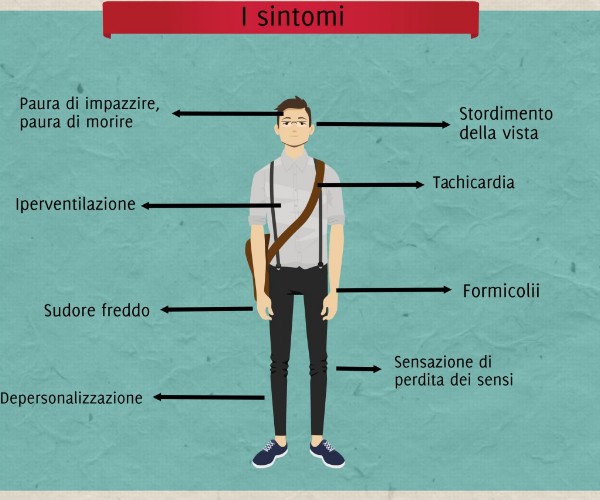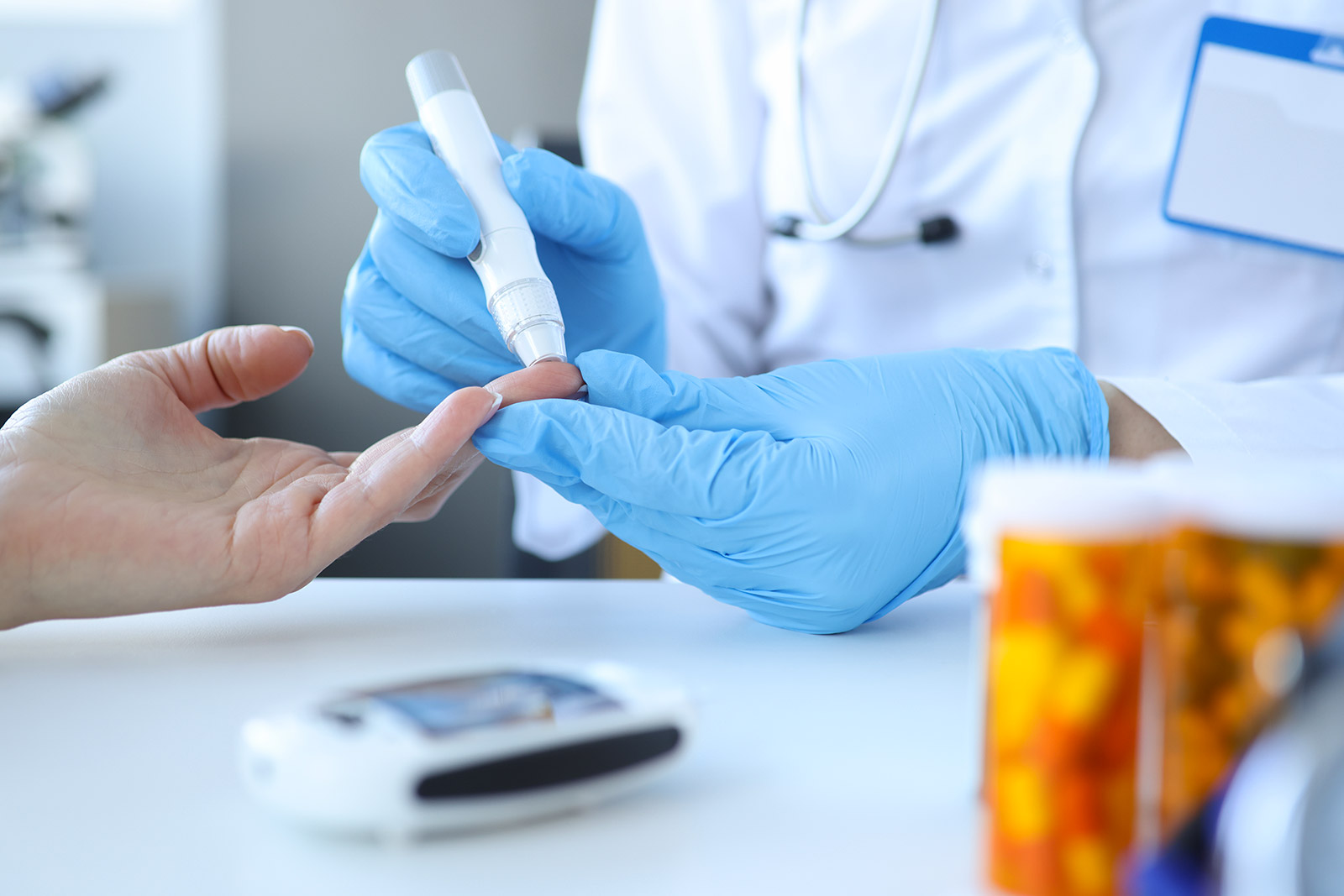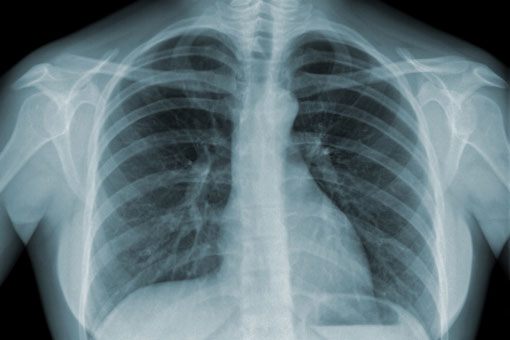An Italian research conducted by professors from the University of Tor Vergata, Sapienza and Policlinico Gemelli in Rome the
probiotics
contribute to weight loss and decreased anxiety.
The study focused on the gut microbiota, which is the set of microorganisms that inhabit the human gut. Several experiments were carried out on both healthy subjects and people with degenerative diseases by administering supplements containing 120 billion probiotics composed of 8 different bacterial strains. Probiotics are microorganisms that when administered in adequate amounts benefit the health of the host. Among the best known is Bacillus clausii, a soil-dwelling bacterium that is the basis of Enterogermine, the popular drug that restores intestinal flora and counteracts diarrhea to abdominal pain.
“Therapy with specially chosen probiotics brought effects to those affected by overweight or metabolic syndrome: in the absence of dieting there was a slight modulation of body composition, with weight loss and a reduction in adipose tissue. The most interesting finding was in anxious subjects, with a reduction in anxiety state.” explained Laura Di Renzo, professor of clinical nutrition and nutrigenomics at Tor Vergata University.
The goal of the research was to demonstrate the positive impact of probiotics on the human microbiota, along with the microorganisms living inside us. The mix of bacteria administered to participants caused those who were overweight to lose weight and also reduced anxiety. This is the most important finding, as
“The innovation of this study, ” stresses the director of the graduate school of food science, Professor Antonino De Lorenzo . is that instead of the usual pursuit research in this case, we have been able to carry out initiative research, choosing ourselves a process to follow, which, for two years now, we have been delving into… We only know 10 percent of the effects of bacterial flora. Together with Professor Antonio Gasbarrini of Policlinico Gemelli, we have formed a network to address this major research issue-we need to know the remaining 90 percent.”




































































































